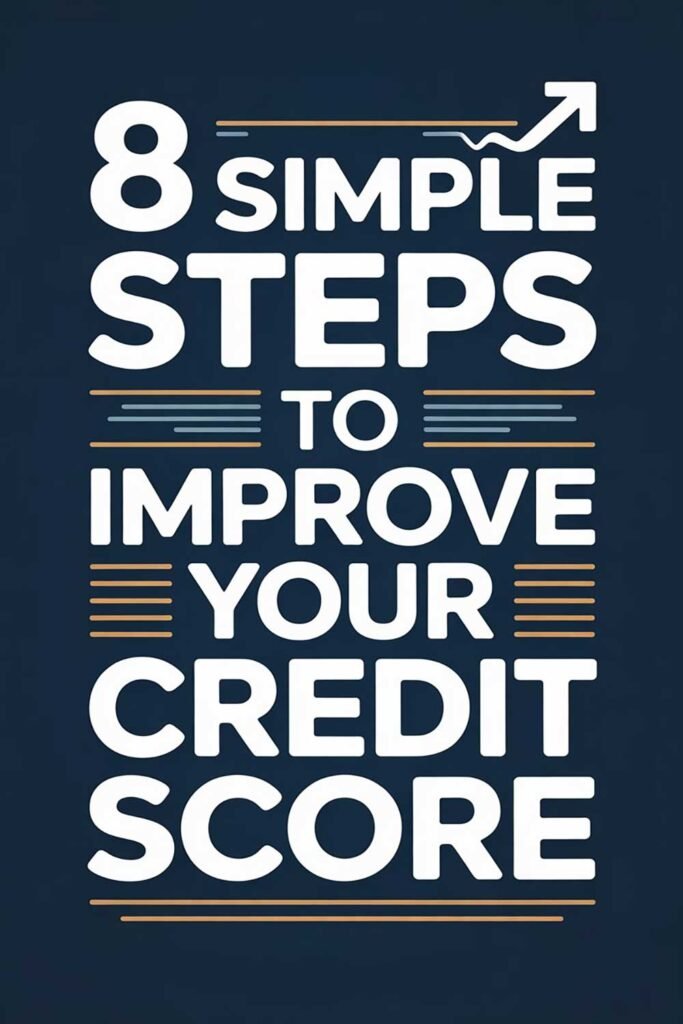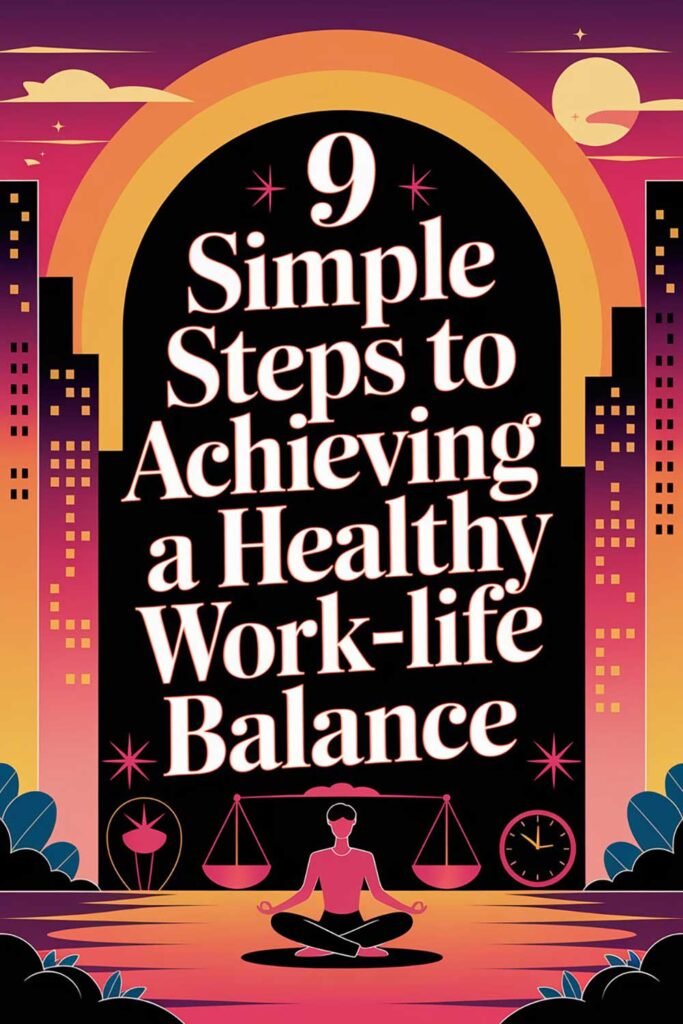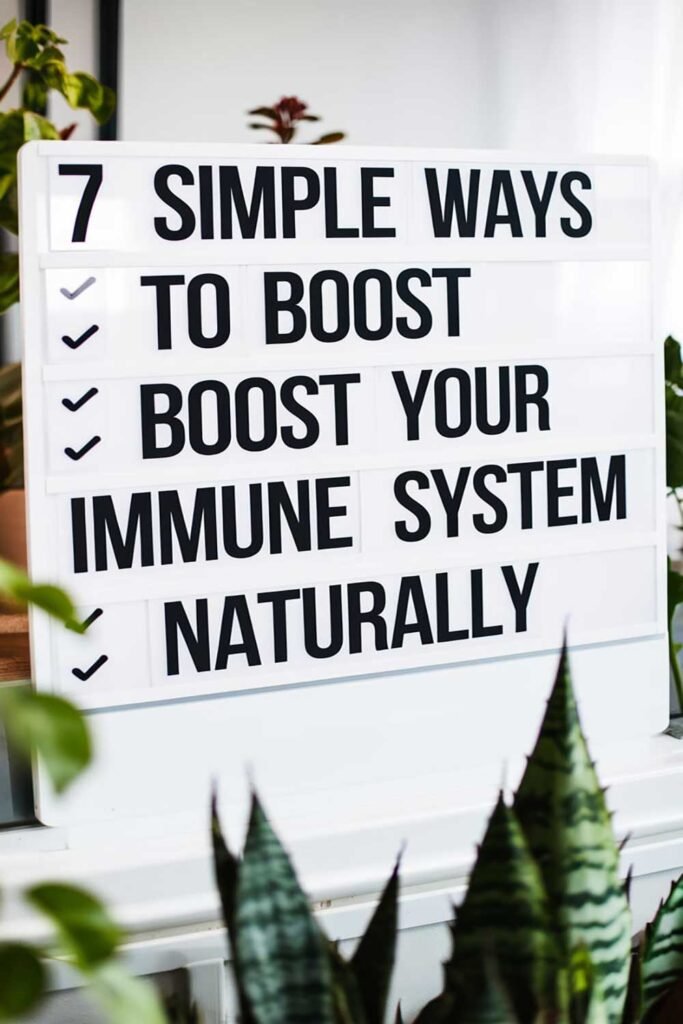Declutter Your Mind: Mental Strategies for Stress-Free Living
Our minds are constantly bombarded with information, worries, memories, to-do lists, and endless notifications.
Over time, mental clutter builds up, making it hard to focus, feel calm, or enjoy the present moment.

Just like a messy room can overwhelm you, a cluttered mind can rob you of clarity, peace, and joy.
In this article, you’ll discover powerful strategies for decluttering your mind, real-life examples of people who have used these practices to transform their lives, and simple, actionable tips you can start using today to create a calmer, more stress-free existence.
Why Mental Decluttering Is Essential
Mental clutter can lead to:
- Anxiety and overwhelm
- Poor decision-making
- Lack of focus and creativity
- Chronic stress and fatigue
- Difficulty sleeping
Clearing your mind doesn’t mean emptying it — it means organizing it so you can live with more ease and purpose.
1. Practice a Daily “Brain Dump”
A brain dump is simply writing down everything that’s on your mind — tasks, worries, ideas, reminders — with no editing or judgment.
Benefits:
- Releases mental tension
- Helps prioritize important tasks
- Makes worries seem more manageable
Real-Life Example:
Sophia started a nightly brain dump practice. Writing everything down before bed helped her fall asleep faster and wake up less anxious.
2. Prioritize Ruthlessly
Not every thought deserves equal attention.
Steps:
- Identify top 3 priorities each day
- Let go of low-priority distractions
- Focus your energy intentionally
Real-Life Example:
David narrowed his daily to-do list to three key tasks. He felt less overwhelmed and more accomplished by the end of each day.
3. Limit Information Overload
Too much news, social media, and multitasking leads to mental chaos.
Tips:
- Unsubscribe from unnecessary emails
- Limit news and social media to certain times
- Protect your mornings from external input
Real-Life Example:
Jessica limited her news intake to 10 minutes a day. She noticed a dramatic improvement in her mood and focus within a week.
4. Create Mental White Space
Just as a clutter-free room feels spacious, your mind needs white space to breathe.
Ways to create it:
- Practice mindfulness or meditation
- Spend time in nature without your phone
- Take tech-free breaks
Real-Life Example:
Tom began spending 15 minutes in silent meditation every morning. He found he could handle stress much better throughout the day.
5. Let Go of Perfectionism
Trying to do everything perfectly clutters your mind with fear, judgment, and self-criticism.
Mantras:
- “Done is better than perfect.”
- “Progress, not perfection.”
Real-Life Example:
Laura let go of perfectionism in her art projects. She found more joy and creativity when she focused on expression rather than flawlessness.
6. Learn to Say No
Every “yes” to something unimportant is a “no” to your peace.
Practice:
- Saying no to obligations that drain you
- Respecting your limits
- Protecting your focus
Real-Life Example:
Olivia started saying no to extra volunteer roles. She found she had more time and energy for what mattered most to her.
7. Organize Your Thoughts with Journaling
Journaling helps you process emotions, solve problems, and gain perspective.
Prompts:
- “What’s taking up mental space right now?”
- “What can I release today?”
Real-Life Example:
Chris journals for 5 minutes each night. It clears his mind and helps him leave worries on the page, not in his head.
8. Practice Present Moment Awareness
Most mental clutter comes from dwelling on the past or fearing the future.
Anchoring in the present dissolves much of this noise.
Techniques:
- Focus on your breath
- Feel your feet on the ground
- Notice sights, sounds, and smells
Real-Life Example:
Amanda practices mindful walking during lunch breaks. It resets her mind and boosts her afternoon productivity.
20 Inspirational Quotes About Decluttering Your Mind for Stress-Free Living
1. “Clear your mind of can’t.” — Samuel Johnson
2. “You don’t have to control your thoughts. You just have to stop letting them control you.”
3. “Simplicity is the ultimate sophistication.” — Leonardo da Vinci
4. “Your mind is a garden. Your thoughts are the seeds. You can grow flowers, or you can grow weeds.”
5. “Mental clutter is the enemy of clarity.”
6. “Inner peace begins the moment you choose not to allow another person or event to control your emotions.”
7. “Sometimes, the most productive thing you can do is relax.”
8. “Silence is not empty. It’s full of answers.”
9. “Declutter your mind, and your life will follow.”
10. “Breathe deeply. Let go of the clutter in your mind.”
11. “A calm mind brings inner strength and self-confidence.” — Dalai Lama
12. “You can’t pour from an empty cup. Take care of yourself first.”
13. “The quieter you become, the more you can hear.”
14. “Busy is a decision. Peace is a choice.”
15. “Every thought we think is creating our future.” — Louise Hay
16. “A clear mind equals a clear life.”
17. “Happiness is not something ready made. It comes from your own actions.” — Dalai Lama
18. “An uncluttered mind is a creative mind.”
19. “You are not your thoughts.”
20. “True freedom is being free from the tyranny of overthinking.”
Picture This
Imagine waking up with a clear, peaceful mind.
You stretch, breathe deeply, and feel unburdened by yesterday’s worries or tomorrow’s to-do lists.
You move through your day with calm focus, savoring small joys, handling challenges with grace, and ending the day fulfilled — not frazzled.
You have created a mental sanctuary where clarity, peace, and purpose thrive.
What one small step could you take today to start decluttering your mind?
Share This Article
If this article inspired you, please share it with a friend, coworker, or loved one who deserves a little more mental peace.
Together, we can build calmer minds — and kinder, more joyful lives.
Disclaimer
This article is for informational purposes only and is based on personal experiences and insights. It is not intended to replace professional advice. Always consult with a healthcare professional before making any major lifestyle changes or decisions regarding your mental, emotional, or physical health. Results may vary.






